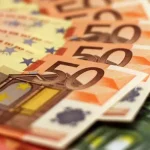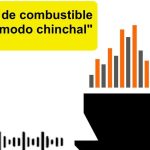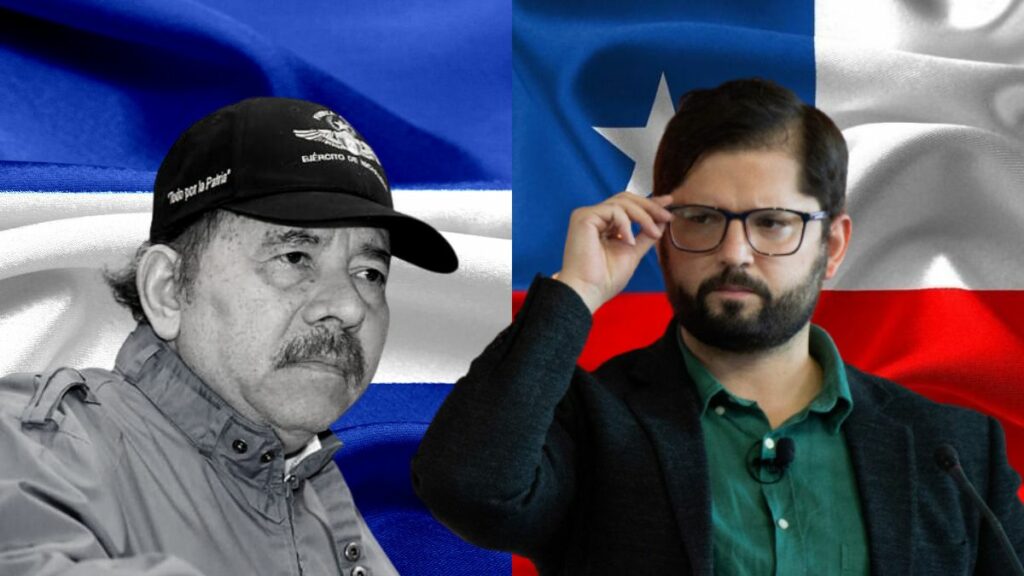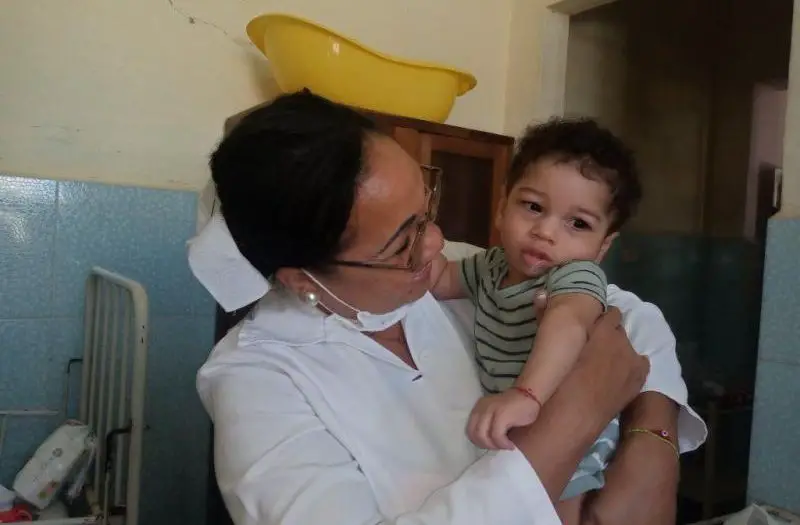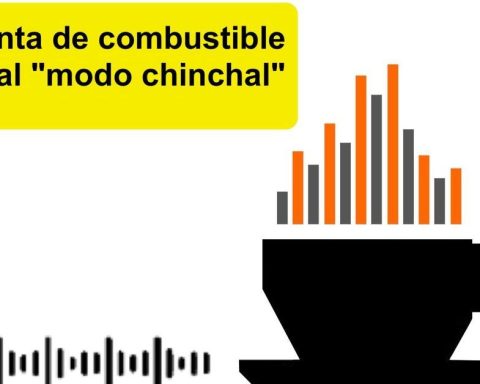If I were to ask you right now if you saw a television series last night, surely you, and the vast majority of readers, would answer in the affirmative. In fact, the series have become one of the main objects of entertainment for viewers, a profitable business and a hallmark of the chains – one must not forget the famous slogan “It’s not TV, it’s HBO”–.
But who are those responsible for creating these stories that captivate us and immerse us in other worlds and how do they work? Where do they get their ideas from? No one better than the scriptwriters themselves, creators and managers of national fiction, to explain their work.
The scriptwriter’s job
The twenty scriptwriters who have participated in the interviews used for this research They are responsible for some of the most watched series in recent years, such as Ignacio del Moral or Carlos Molinero, scriptwriters for Tell me how it happened; Verónica Fernández and Nacho Faerna, from the commissioner -among other-; Mario Montero, Julián Sastre or Raúl Díaz, from Aída; Natxo Lopez de entrevias either live without permissionor Michel Gaztambide, who has signed the scripts of The Box 507, There will not be peace for the evil onesamong others, and, for television, the invisible line.
The way they create these stories differs from the production company they are employed by. Some, like Globomedia or Bambú Producciones, have more or less stable teams of scriptwriters who work on the fictions. This is a method that is closer to the American one, which, without a doubt, has very much internalized that the audiovisual media are more of an industry than an art.
In other cases, the scriptwriters convince the producers of these companies to buy their story and, from there, write the scripts. This method, more individual and traditional, is the one applied in the cinema, and even the direction is sometimes carried out by the person who wrote the script.
The duration and the characters
According to the scriptwriters, one of the great handicaps of Spanish audiovisual fiction is the excessive length of the episodes, since on average they usually last around 60-70 minutes, especially when it comes to fiction broadcast during prime time. in general chains.
In addition, managers are not used to taking risks, which is why they tend to produce customary series in which the same patterns and themes are repeated. In fact, it is common in this type of fiction to resort to stereotyped and very flat characters, especially in comedy.
Despite the fact that the arrival of the platforms seemed to glimpse a change in the paradigm, this has not been so explosive. It is true that there are new products with themes that move away from the family series, so fashionable a few years ago. But the thematic and even formal diversity is not accompanied by more diverse characters. There are few fictions that place a woman, an immigrant, a person belonging to the LGTBQ+ collective or someone with functional diversity in a leading role.
Thus, series like Easy, Privacy either Unit they are no longer mere mirages. Even in, for example Unitwhere a woman is the chief police officer of the brigade, immigrants are the bad. It is true that jihadist terrorism is the central theme of the fiction, but it does not delve into why these terrorists resort to violence or why their women are subjected to it.
Therefore, there is greater thematic diversity but the use of stereotypes to create characters continues, especially when they belong to minorities. Not everyone sees this as something negative, since it facilitates, according to what they have stated, the quick recognition of the characters by the viewer. Easy-to-consume fictions are sought that reach the widest possible audience.
Some scriptwriters affirmed that the function of television fiction is not to be realistic since “that would be building a laboratory series” in which it is more important to be faithful to reality than to the plot, the conflict, the characters…
For others, the essential question lies in being faithful to the story and the context that is reflected in the series: the function of audiovisual fiction is to entertain and this should be its maxim.
documenting to imagine
In order for the stories to be as credible as possible, they resort, to the extent of their possibilities and the tight times with which they usually work, to documentation. This is more or less exhaustive depending on the genre of the series but also on who they write their scripts for.
Some production companies follow a more American model, in which there are documentation teams and also scriptwriters who share the work – some create the main story, others develop each one of the chapters and there are even those who are only in charge of writing the dialogues–.
Here, the work carried out in the shortest possible time prevails in such a way that, while the scriptwriters write an episode, the previous episode is simultaneously being recorded. Everything must be fast because profitability prevails over quality. Thus, it is customary to dedicate “around a month” to writing a chapter of a television series that lasts one hour. However, in the best of cases, a movie script takes a year to write.
That is why there is less time to be able to delve into the creation of the characters and the development of the plots and stories. Even the time available to work on the staging is reduced. Iván Escobar, responsible for many Globomedia fictions, indicates that “it is faster to record a chapter than to write it.” That is to say, if not much time is dedicated to the script, less is dedicated to recording, which confirms that the working method seeks, as if it were a factory, the highest profitability.
On many occasions we know about fictions according to the opinions of the directors or the actors. Thanks to the responses of the scriptwriters, we have been able to get to know a little more closely a world as interesting as that of the creation, in this case, of scripts for audiovisual fiction.
Maria Marcos RamosHired Professor Audiovisual Communication Doctor, University of Salamanca
This article was originally published on The Conversation. read the original.






